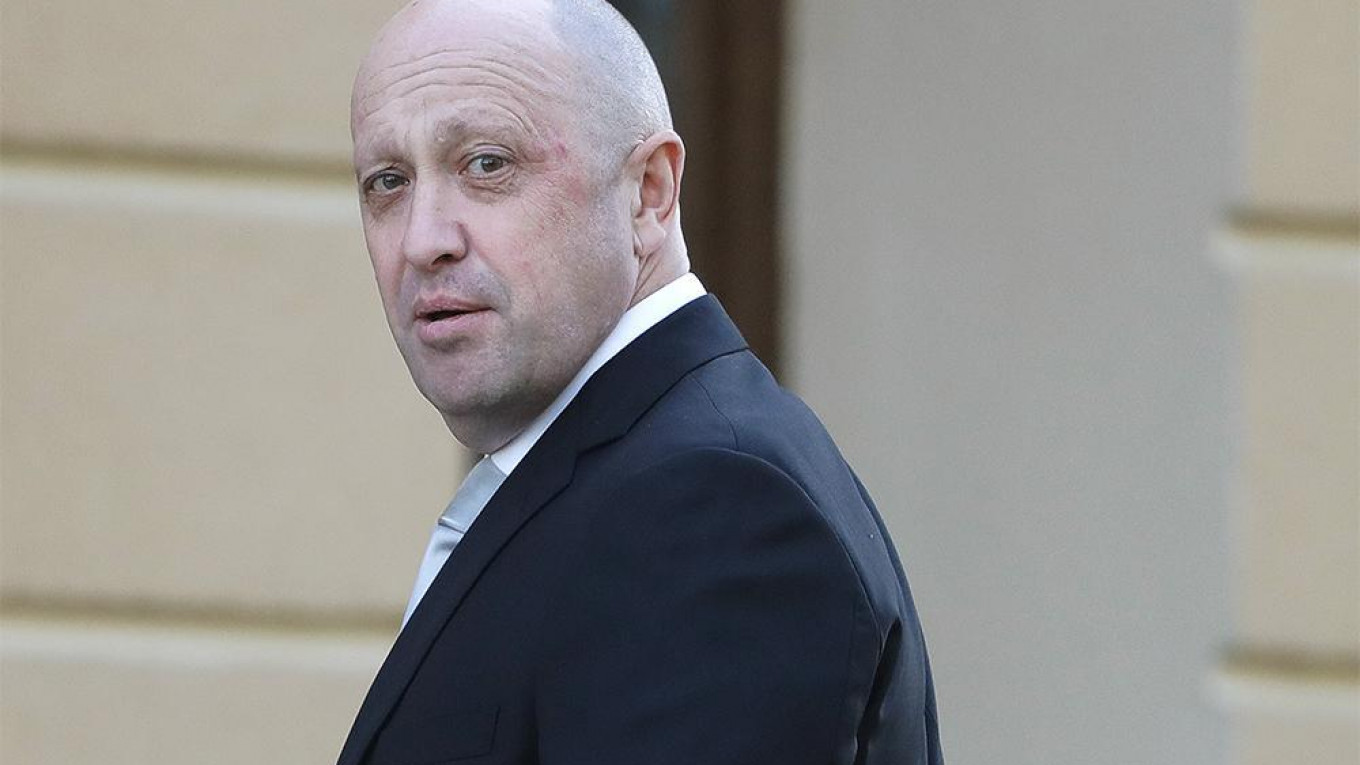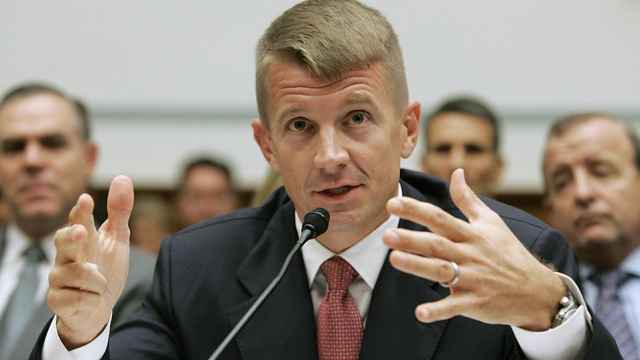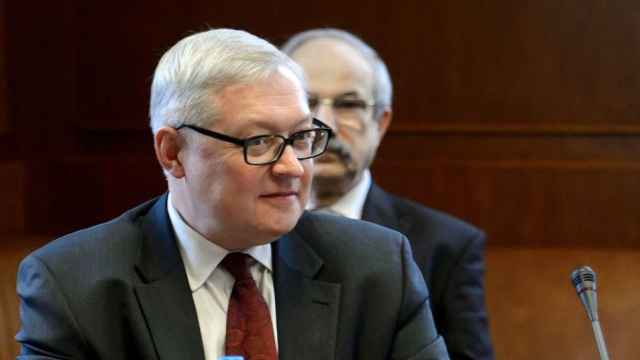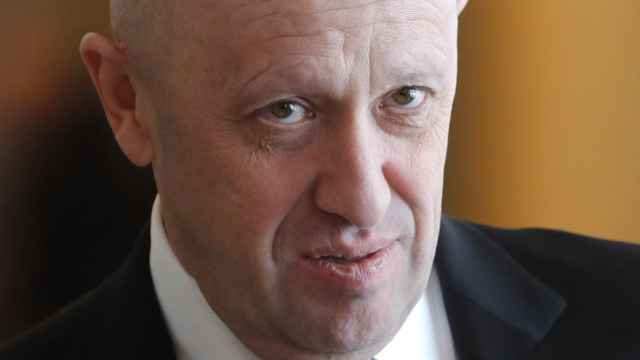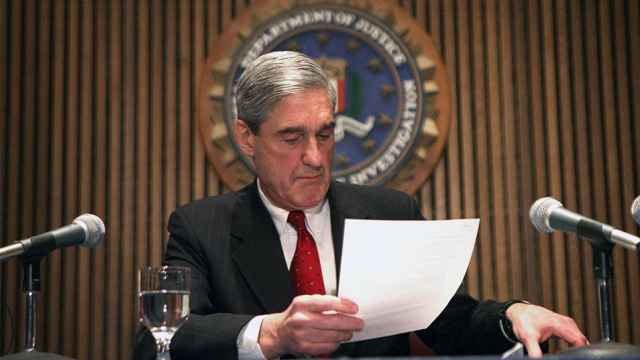U.S. Special Counsel Robert Mueller unveiled the details of a widespread and coordinated campaign by Russians to influence the U.S. presidential election in favor of Donald Trump, delivering on his initial mandate by the Justice Department.
In an indictment disclosed in Washington on Friday, Mueller describes a sweeping, years-long, multimillion-dollar conspiracy by hundreds of Russians aimed at criticizing Hillary Clinton and supporting Senator Bernie Sanders and Trump.
He charged 13 Russian nationals and three Russian entities and accused them of defrauding the U.S. government by interfering with the political process. The list includes Yevgeny Prigozhin, the man behind the Internet Research Agency, also known as the "troll factory."
The Internet Research Agency, a Russian organization, and the defendants began working in 2014 to interfere in U.S. elections, according to the indictment. They used false personas and social media while also staging political rallies and communicating with “unwitting individuals” associated with the Trump campaign, it said.
The documents point to a broader conspiracy beyond the pages of the indictment, saying the grand jury has heard about other people with whom the Russians allegedly conspired in their efforts.
Mueller’s office said that none of the defendants was in custody.
In a Feb. 10, 2016, planning memo, the Russians were instructed to “use any opportunity to criticize Hillary and the rest [except Sanders and Trump -- we support them].”
The operations also denigrated candidates including Ted Cruz and Marco Rubio, Trump’s rivals in the 2016 Republican primary, the indictment said.
The efforts included contact with “unwitting” Trump campaign officials, with the goal of “impairing, obstructing, and defeating the lawful government functions” including the election.
The group bought advertisements on U.S. social media, created numerous Twitter accounts designed to appear as if they were U.S. groups or people, according to the indictment. One fake account, @TEN_GOP account, attracted more than 100,000 online followers.
The Russians tracked the metrics of their effort in reports and budgeted for their efforts. Some traveled to the U.S. to gather intelligence for the surreptitious campaign, according to the indictment. They used stolen U.S. identities, including fake driver’s licenses, and contacted news media outlets to promote their activities.
In September 2016, the group ordered one worker to “intensify criticizing Hillary Clinton” after a review found insufficient anti-Clinton activity.
A Message from The Moscow Times:
Dear readers,
We are facing unprecedented challenges. Russia's Prosecutor General's Office has designated The Moscow Times as an "undesirable" organization, criminalizing our work and putting our staff at risk of prosecution. This follows our earlier unjust labeling as a "foreign agent."
These actions are direct attempts to silence independent journalism in Russia. The authorities claim our work "discredits the decisions of the Russian leadership." We see things differently: we strive to provide accurate, unbiased reporting on Russia.
We, the journalists of The Moscow Times, refuse to be silenced. But to continue our work, we need your help.
Your support, no matter how small, makes a world of difference. If you can, please support us monthly starting from just $2. It's quick to set up, and every contribution makes a significant impact.
By supporting The Moscow Times, you're defending open, independent journalism in the face of repression. Thank you for standing with us.
Remind me later.


